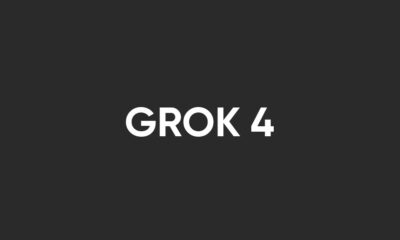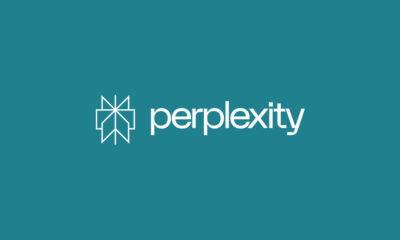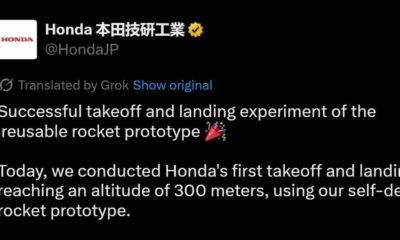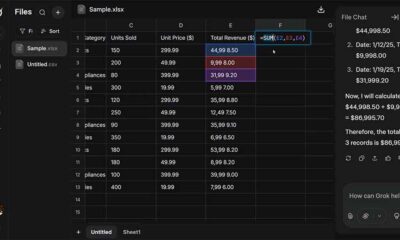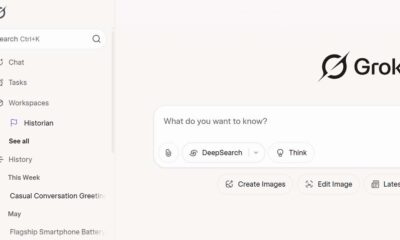AI
Google Gemini AI launched with Ultra, Pro and Nano models
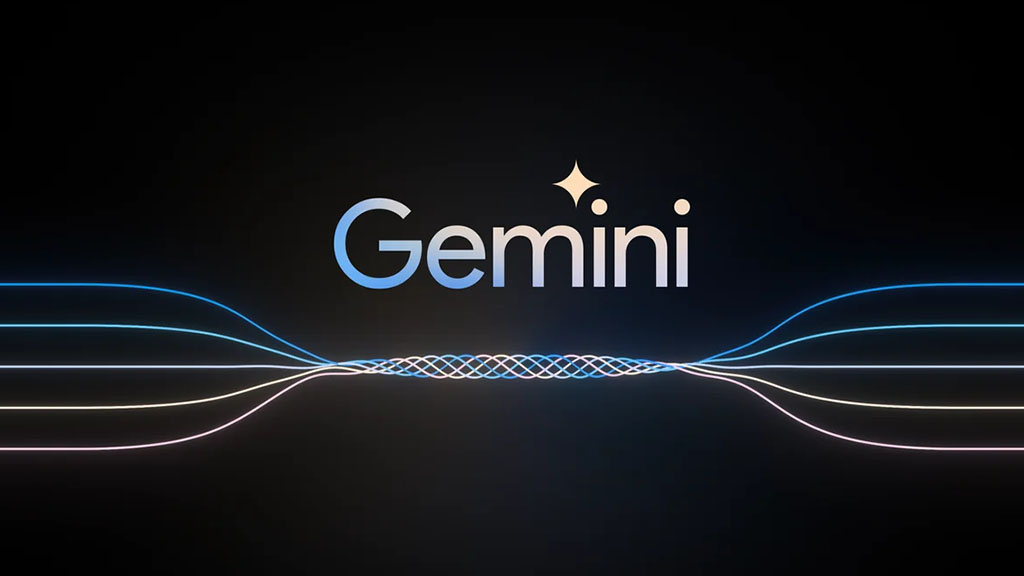
Google today launched its new Gemini artificial intelligence (AI) model, which is by far the most capable AI model designed and developed by the company’s DeepMind unit.
This new multimodal is built from scratch and it can generalize, understand, operate, and combine different types of information including text, code, audio, image, and video.
According to the model architecture details, the new Gemini models are built on top of transformer decoders. These are enhanced with improvements in architecture and model optimization to enable training at scale and optimized inference on Google’s Tensor Processing Units.
Google says this new AI model can run from a range of applications including data centers and mobile devices. The new Gemini AI comes in three performance variants – Ultra, Pro, and Nano.
Ultra is described as the most capable model that can deliver performance across a range of highly complex tasks, including reasoning and multimodal tasks. It is serveable at scale on TPU accelerators due to the Gemini architecture.
Google explained Gemini Pro as a more performance-optimized model in terms of cost as well as latency that delivers significant performance across a wide range of tasks. This model provides reasoning performance and multimodal capabilities.
Coming to Gemini Nano, it is the most efficient among all three of these models. Nano is designed to run on-device. Google trained two versions of Nano, with 1.8B (Nano-1) and 3.25B (Nano-2) parameters for low and high-memory devices respectively. It is trained by distilling from larger Gemini models. It is 4-bit quantized for deployment and provides best-in-class performance.

Google Gemini AI
Performance:
Gemini Ultra tops performance in natural image, audio, and video understanding to mathematical reasoning. It achieved outstanding results on 30 out of 32 widely-used academic benchmarks used on large language model (LLM) research and development.
The Gemini Ultra gained a 90% score on MMLU (massive multitask language understanding) with a combination of 57 subjects including math, physics, history, law, medicine, and ethics.
To get better results, Google has optimized Gemini’s reasoning capabilities to “think more carefully before answering difficult questions”.
The Ultra also scored 59.4% on the new MMMU benchmark for multimodal tasks for deliberate reasoning.
Gemini AI Availability:
Google will open Gemini Pro API in Google AI Studio or Google Cloud Vertex AI for developers from December 13 onwards.
The Google Pixel 8 Pro smartphone will be the first phone to run the Gemini Nano model via software update.
The software company says that its Gemin Ultra model is still underway for “extensive trust and safety checks”. Therefore, the Ultra model will be available for selected customers, developers, and Google’s partners as an early access version. It’s planned to be released for developers and enterprise customers by early next year.

